A Big Moment for the World’s Fight Against Malaria

The world’s leading malaria vaccine candidate crossed another milestone in a 30-year journey when it received a positive assessment from the European Medicines Agency for its use in protecting young children in sub-Saharan Africa. This is a tremendous scientific achievement.
What Cecil’s Death Teaches Us

In the reporting of the killing of a beloved lion in Zimbabwe by an American poacher, we were reminded how much one story can make a difference and influence opinions and attitudes. Thousands and thousands of magnificent animals like Cecil are killed every year by poachers. Yet, we rarely hear about it or debate its morality at the water cooler. So why are we all so outraged, repulsed and moved to sadness about the fate of this lion?
Social Competence: Setting Kids Up to Succeed
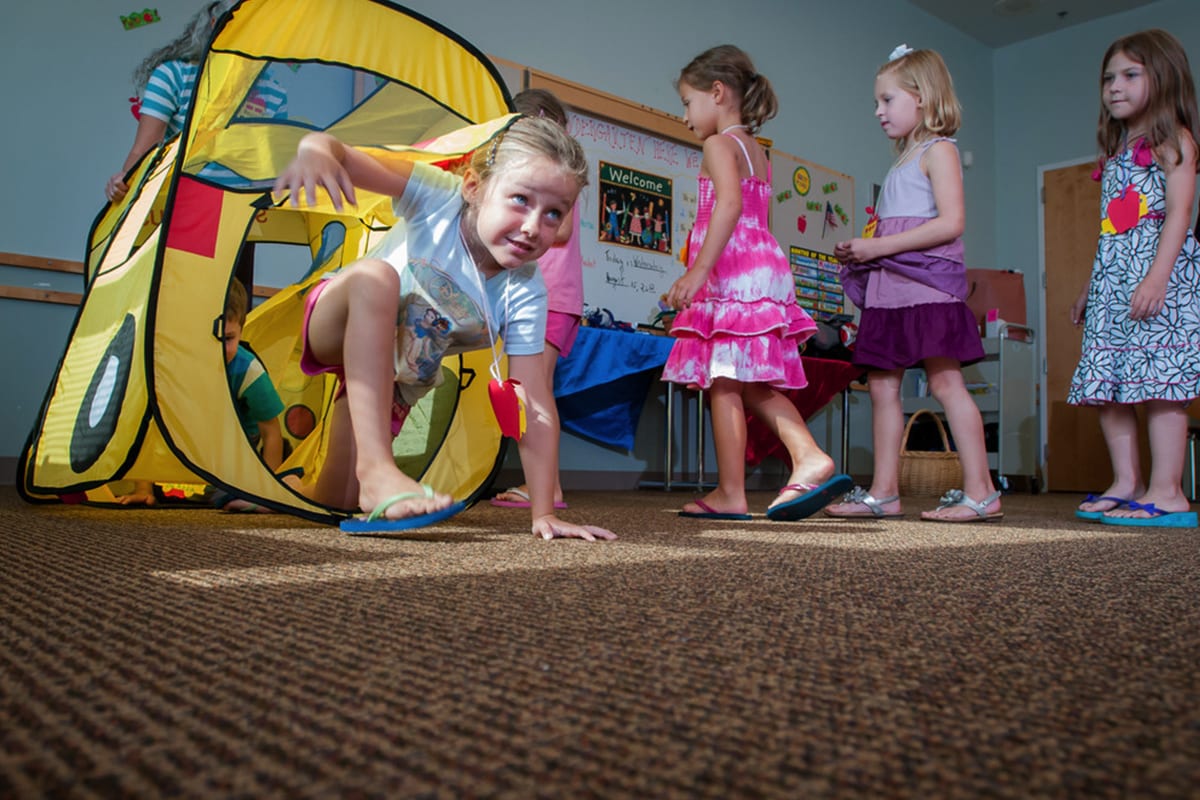
This month, new research was published in the American Journal of Public Health with an important message: that a simple assessment of a child’s social competence can help to predict his or her health and social outcomes, well into adulthood.
Are High Drug Prices Here to Stay?
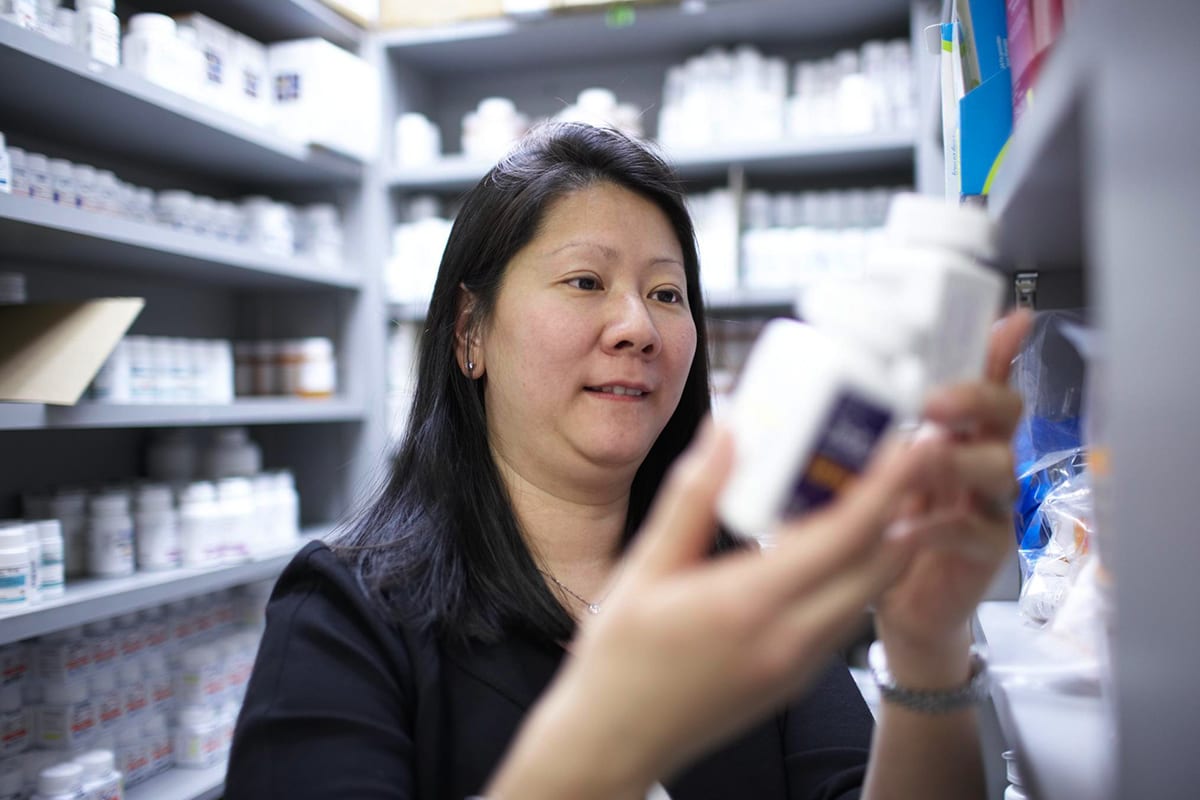
Last week the FDA approved PCSK9 inhibitors, which promise to help millions of Americans with high cholesterol. But these new drugs come with a projected price tag of about $14,600 a year. The PCSK9 inhibitors are the latest in a series of high-priced prescription drugs reaching the market.
Ebola: Getting to Zero, Staying at Zero

Dr. Philip Ireland has experienced the Ebola epidemic from two different angles: he is a Liberian physician and Ebola survivor. When he fell ill, his colleagues in Monrovia, Liberia, wrote off his symptoms as malaria, which Ireland knew wasn’t accurate. He’d had malaria many times. He and his mother took matters into their own hands. She quarantined him in his own home until he was finally admitted for treatment.
The Power of Placebos: Using Our Brains to Help Us Heal

Imagine if we could somehow trigger the brain to release endorphins, dopamine and other neurotransmitters to help relieve pain, depression and other health problems. It turns out that scientists and health care providers have already started doing this. It’s called the “placebo effect.”
What Do Drought, Ice Cream and Bird Flu Have in Common?
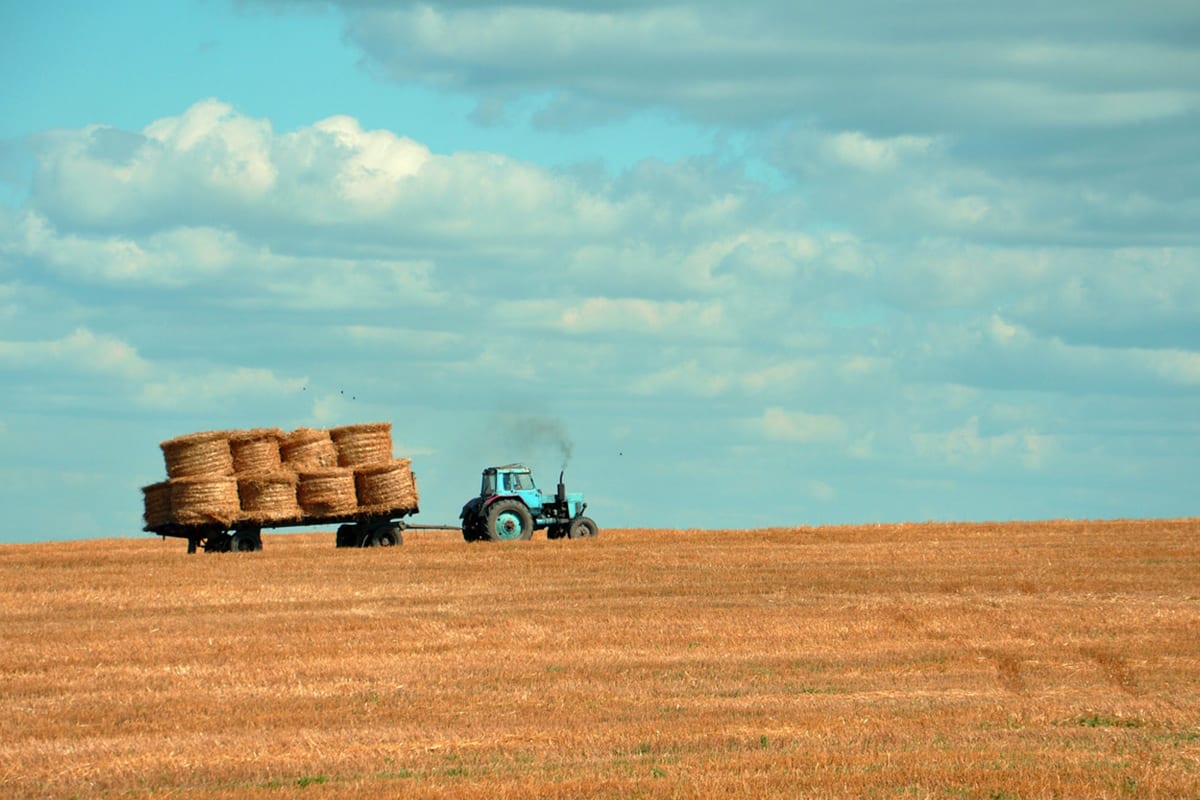
The U.S. agriculture sector faces many problems these days. Take the ongoing California drought that threatens more than one-third of our country’s vegetables and two-thirds of our fruits. Or have you eaten Blue Bell ice cream recently? Blue Bell recalled ALL of its ice cream products because of Listeria contamination, causing three deaths and 10 hospitalizations. Or check out the avian flu, which killed more than 48 million chickens and cost the USDA more than $500 million since mid-December.
Children’s Health Care Spending Driven by Rising Costs
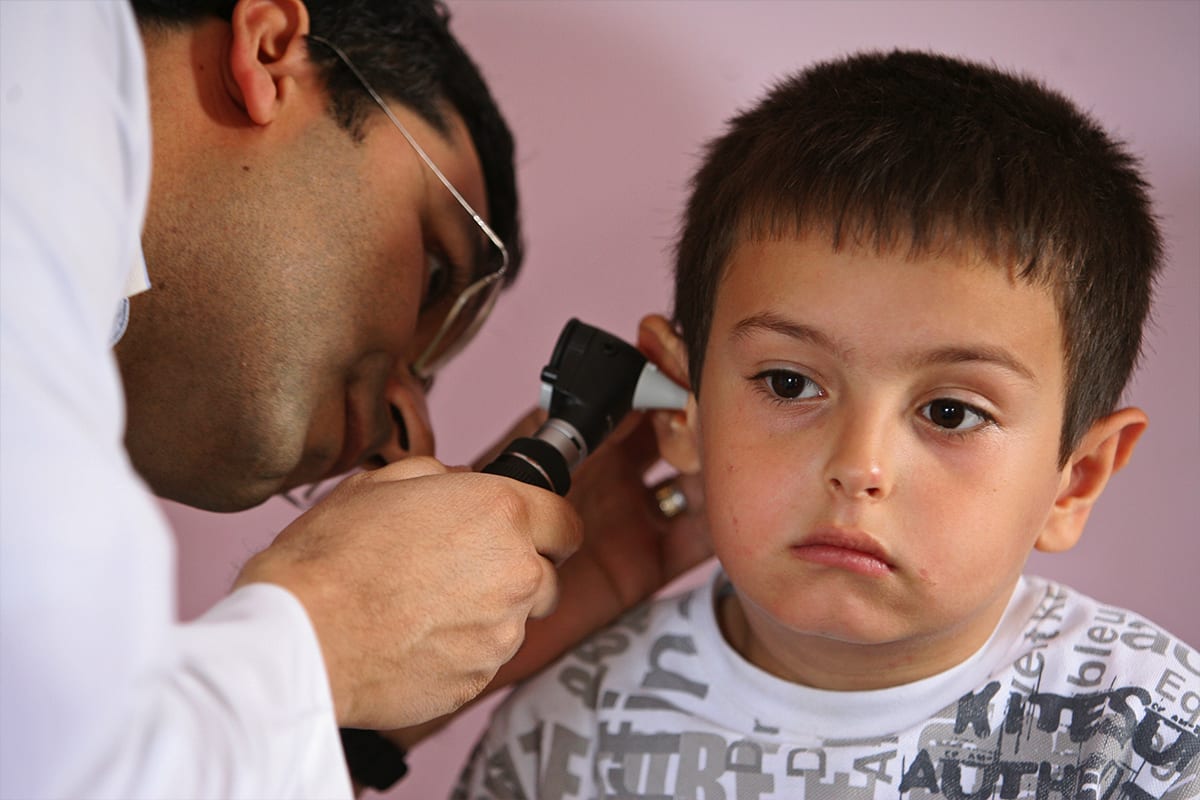
With child visits to the emergency room declining and the overall use of prescription drugs by children at its lowest in years, it only makes sense that spending on health care for kids would be down. Right? Not quite.
Prescription Abuse Fuels Rise in Newborn Drug Exposure
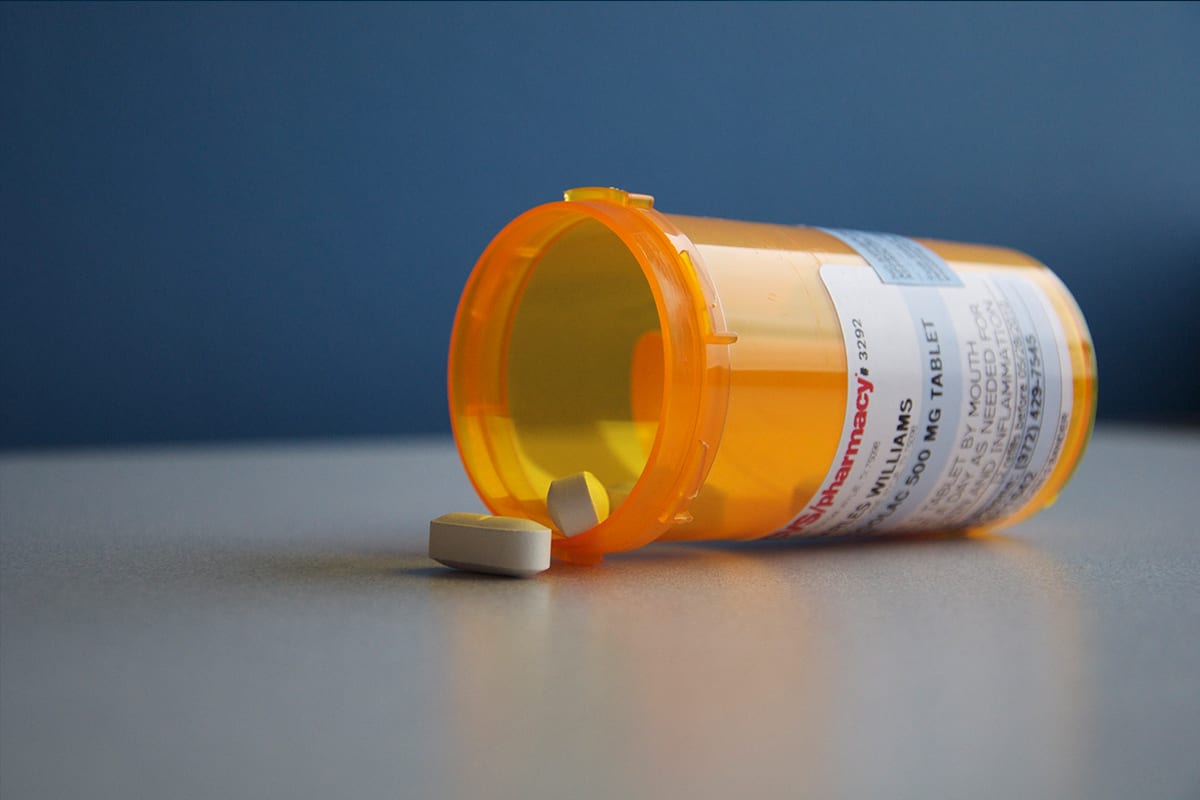
Improving strategies for prescribing opioids to women of childbearing age are particularly critical to newborns and their families. Neonatal Abstinence Syndrome (NAS) occurs when babies are exposed to addictive opiate drugs in the womb, and the effects are terrible. Babies can experience breathing problems, vomiting and tremors in their early days of life.
Barracuda’s Revenge
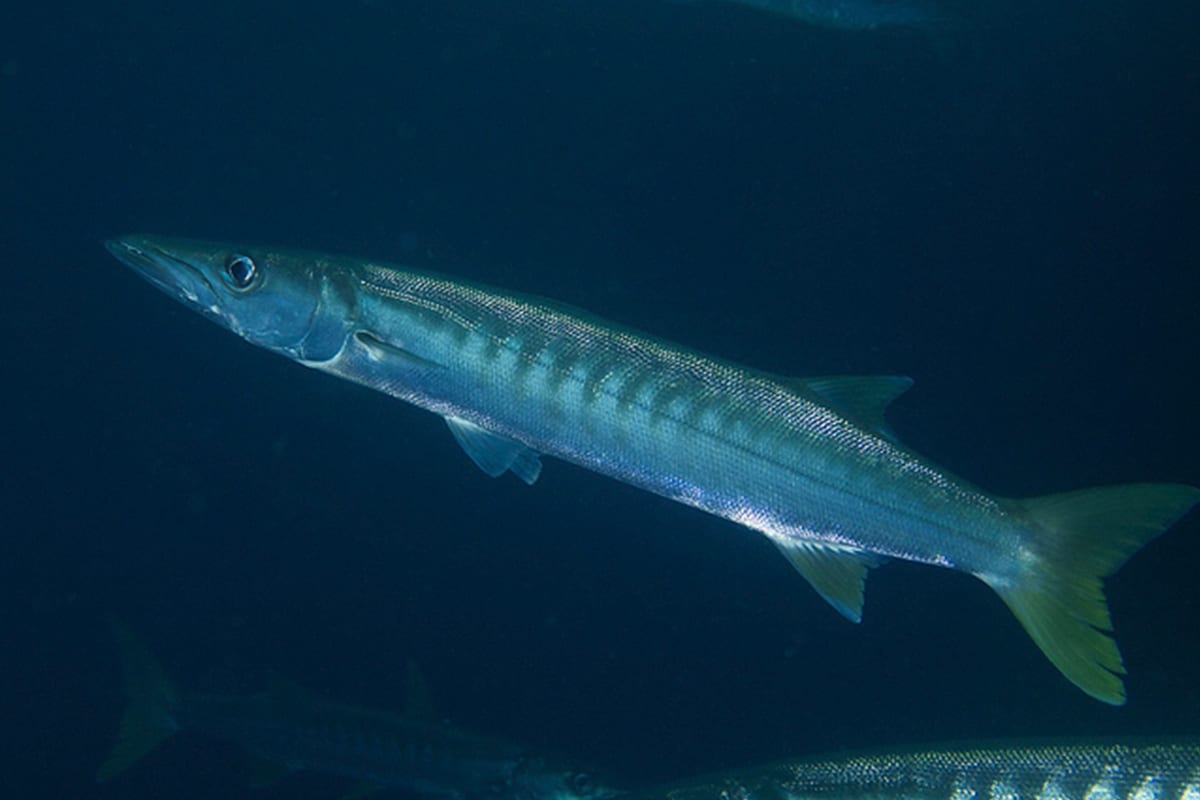
The threat from a barracuda’s ugly, sharp-toothed grimace is enough to make divers quake in their flippers. But danger lurks even after the reef fish is hooked and cooked up for a meal. Barracuda and other popular sport fish including grouper, amberjack and hogfish are a source of ciguatera poisoning—the most common form of fish-related food poisoning in the world and is sickening many more people in Florida than previously reported.
